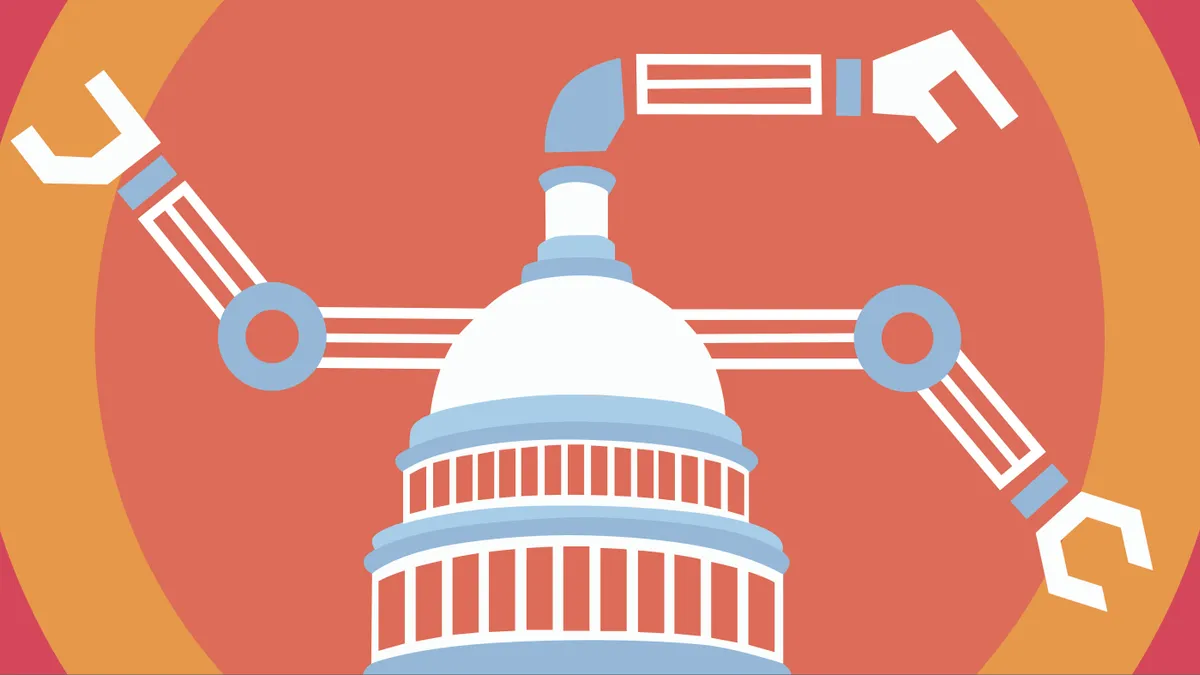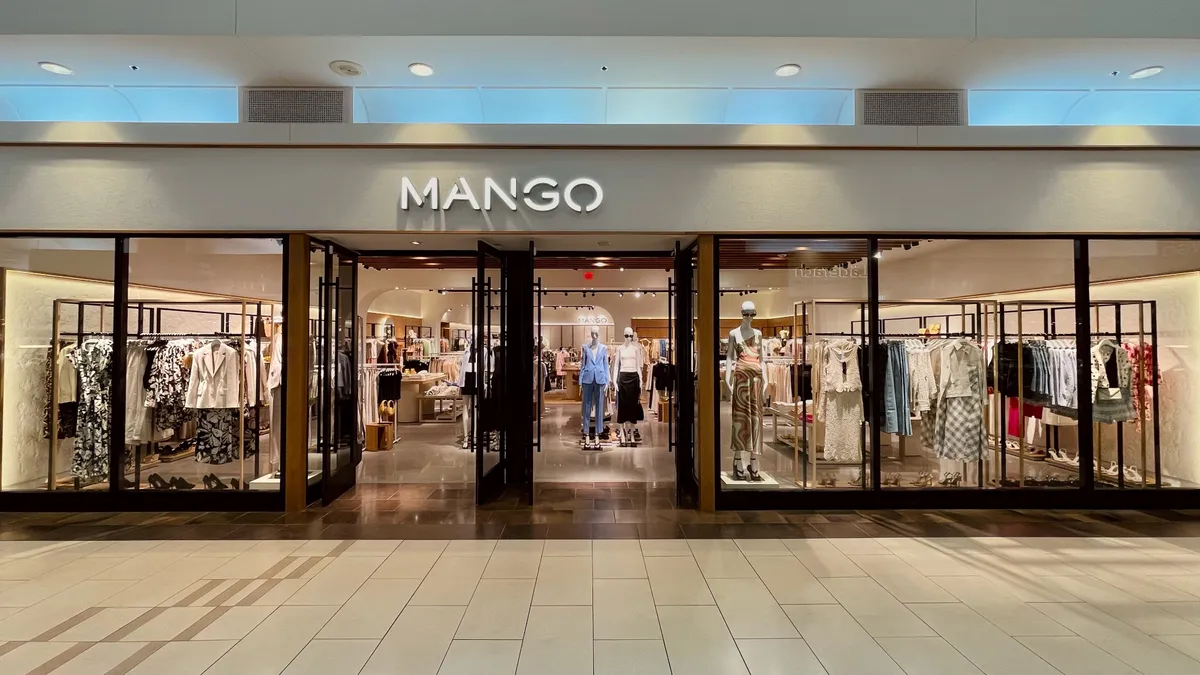HDA supports Senate bills to enforce drug distributor data sharing
The Healthcare Distribution Alliance (HDA) announced it "strongly supports" two new Senate bills — S.2838 and S.2837 — which, if passed, would require drug manufacturers and distributors to report the sale, delivery and disposal of narcotics to the Drug Enforcement Administration (DEA), as well as disclose any "suspicious" orders to stem opioid abuse.
S.2837 clarifies that a "suspicious" order entails a substance of "unusual size," and "an order of a controlled substance deviating substantially from a normal pattern; orders of controlled substances of unusual frequency; and an order or pattern of orders of a controlled substance that meet such other criteria as are established by the Attorney General by regulation."
The Reaction: As regulators crack down on the pharmaceutical industry to mitigate the opioid crisis, better data sharing methods could help the industry and the feds catch drug abuse before it's too late.
Given that the Drug Supply Chain Security Act (DSCSA) also requires distributors to "track and trace" drugs through their supply chains, this next round of regulations could add unnecessary complexity to the industry's efforts to comply with the law, especially if strict deadlines are enforced. Pharma's supply chain is complex and slow-moving, so sudden requirements to change could cause expensive upheaval.
This committee could target Chinese imports
Speaking of the Senate, the Senate Banking Committee and the House Financial Services Committee just approved bills that would require the Committee on Foreign Investment in the United States to more closely evaluate how foreign investment impacts the U.S. economy and national security.
The Senate bill in particular seeks to evaluate how American industries are impacted by foreign investment and compare U.S. laws, policies and practices to those of major foreign trading partners. It's understood that these bills are targeting China.
The Reaction: Trump's inflammatory rhetoric and wishy-washiness on trade policy has done very little to improve the U.S.' standing in the international trade game, but that doesn't mean the nation's economic relationships with other nations isn't due for an overhaul.
These bills could help better protect American industry and American companies' global supply chains, but execution is key. Given the current geopolitical climate, careful study of the impact of foreign investment on the U.S. economy is probably a wiser move than Trump using rash bullying tactics.
EV sales surge
If electric vehicle (EV) sales continue on their current trajectory, they'll hit 11 million per year by 2025, according to Bloomberg. But that's not all: e-buses are on track to outpace the sale of consumer EVs as more companies push sustainability efforts, especially in China where there are already 300,000 e-buses on roads.
Bloomberg's analysis concludes that by the late 2020s, e-buses will dominate the global market.
The Reaction: If municipal bus fleets switch to 80% electric by 2040, the cobalt supply chain may become extremely strained. EVs are surging in popularity, and as more automakers roll out their EV plans, suppliers are scrambling to refocus their supply chains on cobalt.
Fearing a cobalt rush, Apple is already going straight to the source to control the metal and get what it needs for its batteries. Not only that, but the EV push is already forcing the oil and gas industry to rearrange its priorities as prices decline.
Traditional combustion engine vehicles might not ever completely go away, but in this period of transition, auto and oil and gas supply chains will take a hit.
In case you missed it
Money's going to flow a little more freely after more than 1,000 cuts to the 2010 Dodd-Frank Act, rolling back many recession-era regulations that were originally instituted to stop a financial crisis like 2008 from ever happening again. Bloomberg has the details.
In other news, One20, which supports several apps to help truck drivers better navigate their routes, will no longer support the electronic logging device (ELD) application as the company shuts down operations June 18. Those who use One20's ELD app to comply with the federal mandate will need to find an alternative.
Raymond Martinez, head of the Federal Motor Carrier Safety Association, said he was open to the idea of employing teenage truck drivers to mitigate the driver shortage. Trucking companies are exploring the use of 3D printed parts to replace worn-out truck parts.
U.S. steelworkers sent an angry letter to feds requesting a more "comprehensive" NAFTA deal, worrying that too many U.S. jobs are being "shipped" overseas. Meanwhile, Trump announced a trade inquiry into the effect of foreign car imports on the U.S. auto industry, citing a desire to bolster U.S. industry.
Looking ahead
The House Appropriations Committee's contentious infrastructure bill will be voted on by the House next week.






















